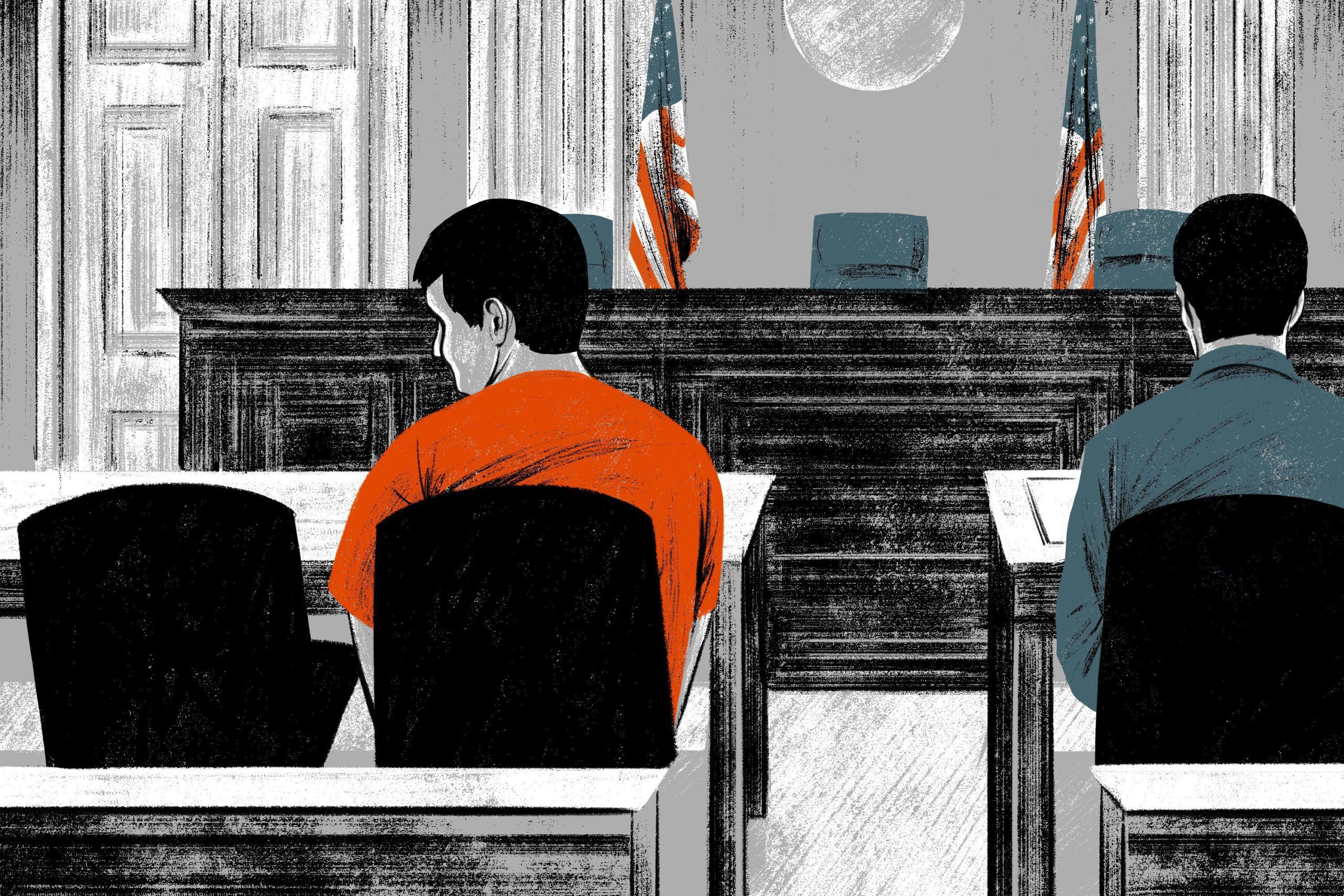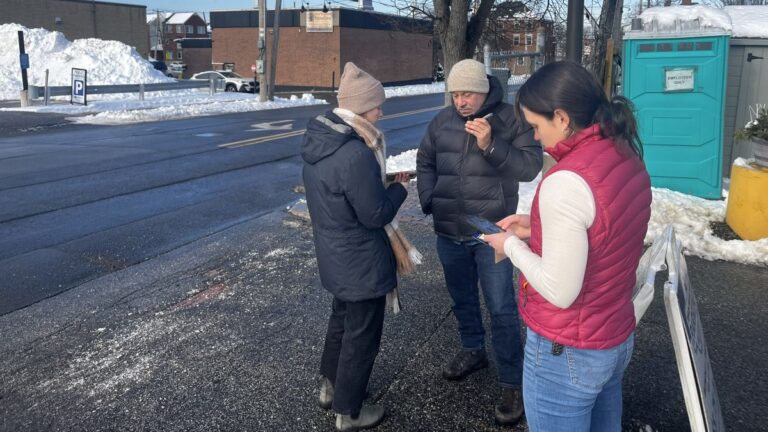Update Wednesday, July 19:
There is currently a “critical shortage of attorneys” in Maine to defend the state’s poorest residents in court against criminal charges, state officials said on Wednesday afternoon.
Lawyers were found for one-fourth of the more than 100 defendants who didn’t have a lawyer assigned to their case as of Friday, according to emails Wednesday afternoon from the Maine Commission on Indigent Legal Services, or MCILS. The agency is still looking for defense lawyers for at least 75 cases.
“As you are undoubtedly aware, there is a critical shortage of attorneys available to accept assigned cases right now. Each of the individuals on the below list have a constitutional right to counsel, but are currently un-represented because there are no attorneys to assign to their cases,” wrote Darcy Fisher, who leads MCILS training and supervision of lawyers.
MCILS is required to “provide efficient, high-quality representation” consistently to indigent defendants across the state. But dozens of people in Aroostook, Kennebec and Penobscot still did not have lawyers.
Original story:
Defendants in more than 100 criminal and child protection cases didn’t have a lawyer going into the weekend amid the departure of another public defender and continued reluctance among lawyers who have been “slammed” with cases in Maine’s overburdened indigent legal defense system.
The state’s public defense agency reported Thursday and Friday that defendants in more than 100 cases were waiting to be assigned lawyers. The pile-up of cases is a significant problem and well above the 30 to 50 cases for which the courts usually need help in most weeks, said Jim Billings, executive director of the Maine Commission on Indigent Legal Services, or MCILS.
He expected the problem to ease as the agency finds lawyers willing to take on the cases.
“People on that list, hopefully, will get cleared within a week or so,” Billings said Friday, after the agency sent out an email to lawyers saying it “urgently” needed to find counsel for indigent defendants.
Maine is required by the Sixth Amendment of the U.S. Constitution to provide a lawyer at the state’s expense to any person charged with a crime who cannot afford to hire their own. Maine contracts with private defense lawyers and employs five public defenders to do this work.
“There are people going back to their cells that can’t make bail and they don’t have an attorney and they don’t know when they’re getting an attorney. That’s unacceptable,” said Robert Ruffner, a criminal defense lawyer.
Ruffner spent Thursday and Friday representing people as the “lawyer of the day” during their initial appearance in Penobscot Judicial Center in Bangor. There were almost no local lawyers available to hand off their cases to, he said.
“If we’re going to prosecute people as a state, the state should be able to comply with its constitutional obligations to provide counsel — and we’re not,” Ruffner said. “It’s baloney.”
Turnover at MCILS is partially to blame. The public defender with the largest caseload in the state is moving to Massachusetts, Billings said. The lawyer’s caseload is being redistributed among the remaining public defenders and this has made it hard for the office to temporarily take on new cases, he said.
The vast majority of cases are assigned to private defense counsel, but many are reluctant to give their names to judges after being assigned dozens of cases in a single week, Billings said. MCILS is working informally with the judicial branch to give lawyers the ability to limit the cases that they can be assigned.
“We’re trying to come up with a system where attorneys can stick their heads up — not like a Whack-a-Mole game — and say I’m willing to take some cases,” Billings said.
Maine’s court system is in “crisis” and stretched beyond capacity, said ACLU of Maine Chief Counsel Zach Heiden.
“This really points to a crisis in the way that prosecutors are exercising their discretion,” Heiden said of the 100 cases awaiting a lawyer on Friday. “… Clearly, more people are being charged with crimes than the system, as a whole, can handle.”
Prosecutors needed to do a better job of sorting cases where there is a threat to public safety and no threat exists, he said. Otherwise state lawmakers should consider tightening the requirements to charge people with certain crimes, Heiden said.
Judges need to dismiss cases if defendants haven’t been provided an attorney in an appropriate amount of time, Heiden said. That includes before a critical stage of a case, which includes arraignment.
The Maine Monitor sent a list of questions to the court on Friday about how judges would respond to the delay of some people being assigned lawyers — including if judges would lower bail or ask prosecutors to drop charges. The chief judges could not answer the news organization’s questions in time for publication.
“The courts will continue to do everything they can to find attorneys for those who need them and to proceed with cases as expediently as possible,” Barbara Cardone, a spokeswoman for the judicial branch wrote on Friday afternoon.
The people waiting to be assigned a lawyer Friday are spread across Aroostook, Penobscot and Kennebec counties, according to emails shared with the Monitor.
State lawmakers recently approved a budget with $1.6 million for MCILS to hire six more public defenders as well as a district defender supervisor, a deputy executive director and support staff.
The commission is expected to discuss possible office locations for the additional lawyers at its meeting scheduled for Monday.







